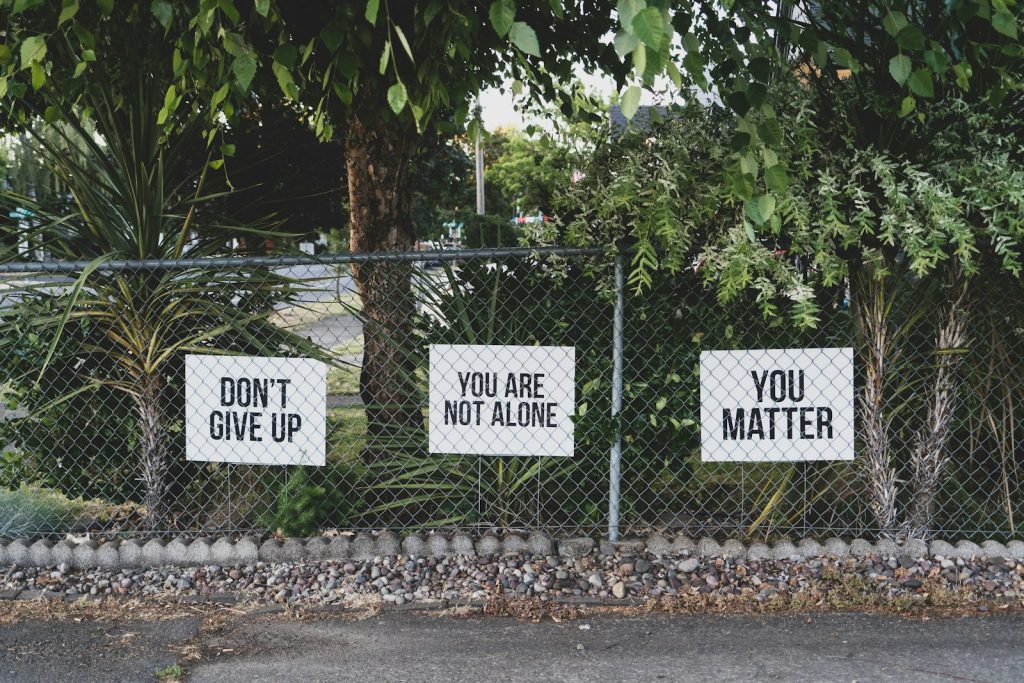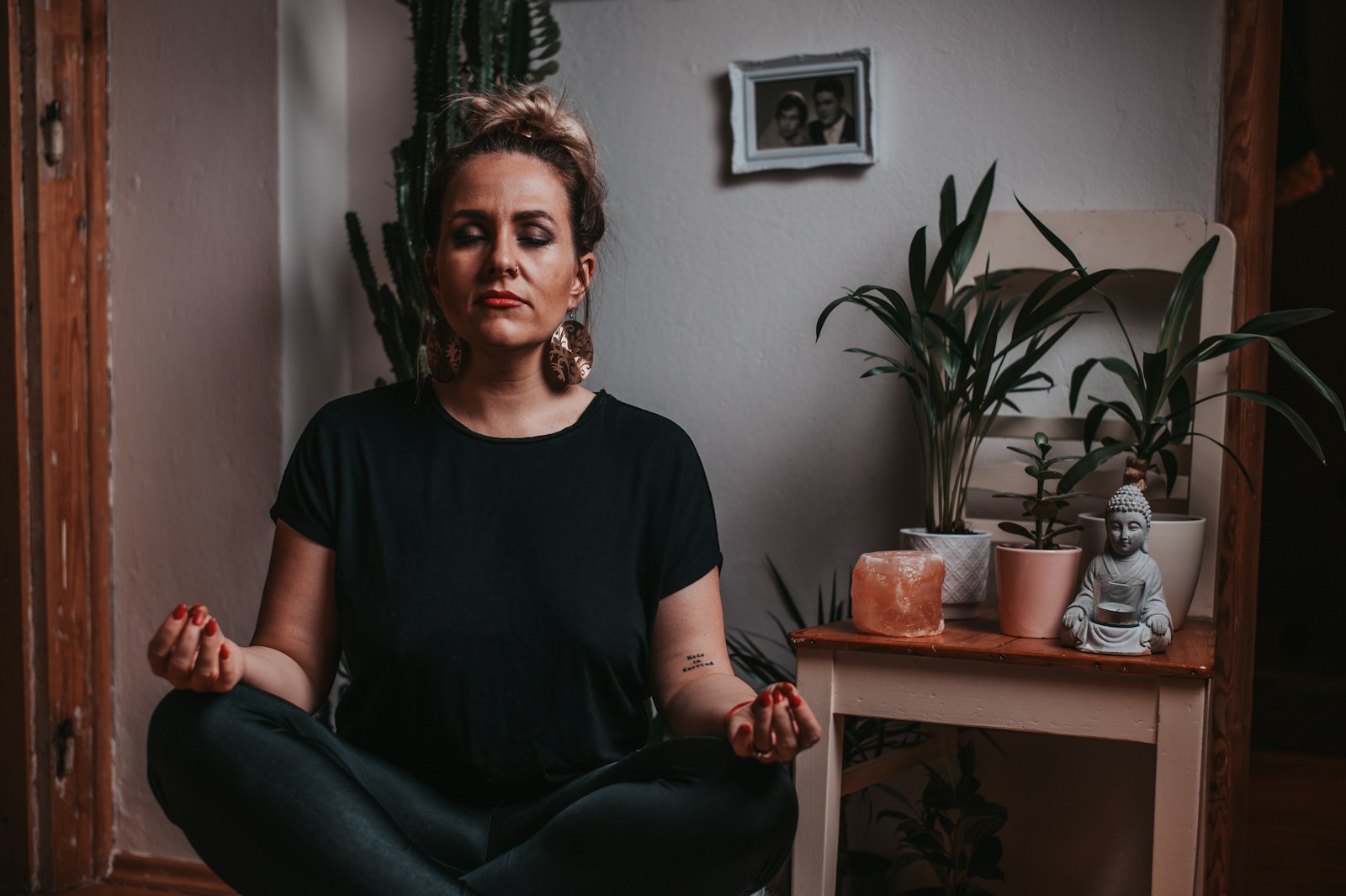🔥 When Love Starts to Hurt – Relationship Burnout
Relationship burnout isn’t just a buzzword. It’s a mental health crisis hiding in plain sight.
She’s the glue. The planner. The emotional anchor. The one who remembers birthdays, smooths over arguments, and keeps the household running. But behind the curated smiles and perfectly timed texts, many women are quietly unravelling, emotionally exhausted from relationships that demand more than they give.
🧠 What Is Relationship Burnout?
Relationship burnout is the emotional fatigue that builds when a woman feels chronically unsupported, unseen, or overextended in her romantic partnership. It’s not about one bad fight or a rough patch — it’s the slow erosion of joy, intimacy, and self-worth.
Common signs include:
🧊 Feeling Emotionally Numb or Detached
Burnout doesn’t always roar in with drama — sometimes, it arrives in silence. Women often describe feeling like they’ve emotionally “checked out.” Conversations feel flat, laughter feels forced, and a sense of disconnection creeps in even during supposedly intimate moments. This numbness is the body’s way of self-protecting after prolonged emotional overextension, leaving her feeling like an observer in her own relationship.
📞 Dreading Interactions with a Partner
When emotional safety erodes, even simple interactions — a text message, a dinner plan, a shared chore — can trigger anxiety or dread. Women experiencing burnout may flinch at the idea of engaging, not because they don’t care, but because the emotional cost feels too high. This dread isn’t rooted in dislike; it’s the result of accumulated emotional strain, where even mundane exchanges become emotionally taxing.
🛠️ Constantly Over-Functioning While Your Partner Under-Functions
In burned-out relationships, one partner often becomes the emotional project manager. She handles logistics, emotional support, conflict resolution, and the invisible to-do list — while her partner drifts into a passive role. This imbalance creates chronic resentment and fatigue, as she not only carries the relationship’s weight but also silently wonders if she’s being taken for granted.
💔 Losing Interest in Sex, Affection, or Shared Activities
Desire doesn’t thrive in emotional drought. When burnout sets in, previously pleasurable rituals — like cuddling, date nights, or even casual banter — can feel burdensome. Women may pull away from physical and emotional intimacy, not out of coldness, but from depletion. It’s hard to feel connected when your emotional reserves are running on fumes.
🛫 Fantasising About Escape — Not Just a Holiday, But a Life Reset
These aren’t your usual “Calgon, take me away” moments. Women experiencing relationship burnout often fantasise about completely starting over — a new city, a new home, a life where they don’t have to emotionally negotiate every interaction. These daydreams are often bittersweet: part longing for peace, part mourning for a relationship that once felt like home.
💬 The Mental Load: Why Women Are More Vulnerable
Women, especially those aged 35–60, often carry the invisible weight of emotional labour. They manage the relationship’s health, anticipate needs, and absorb stress — all while juggling careers, parenting, and aging parents.
This chronic overextension leads to:
⚠️ Increased Anxiety and Depression
When a relationship becomes a source of chronic stress, the nervous system responds with heightened alertness, often manifesting as anxiety. Sleepless nights spent overthinking, emotional instability, and even panic attacks can become routine. For many women, this isn’t just sadness over a fight — it’s a deeper sense of despair, isolation, and emotional depletion rooted in feeling unseen or unsupported. Over time, burnout blurs into clinical depression, making it harder to distinguish between what’s situational and what’s systemic.
🌙 Sleep Disturbances
Tossing, turning, waking up exhausted — sound familiar? Relationship burnout disrupts the body’s natural ability to rest and recover. Women may find themselves waking up in the middle of the night replaying conversations or worrying about unmet needs. This chronic sleep disruption exacerbates emotional instability and physical fatigue, feeding a vicious cycle where exhaustion makes it harder to process stress, and stress makes sleep harder to achieve.
🌀 Loss of Identity
When emotional labour becomes your full-time job, who you are outside the relationship begins to blur. Women deep in burnout often feel like they’ve forgotten who they were before they became someone’s partner, mother, caregiver, or emotional support system. Hobbies go dormant, friendships fade, passions get shelved — and what’s left is a shell of someone who used to dream bigger. Reclaiming identity isn’t just healing — it’s radical rebellion against emotional erasure.
💢 Physical Symptoms Like Fatigue, Headaches, and Hormonal Imbalance
Burnout doesn’t just live in the mind — it lodges itself in the body. Women may experience relentless fatigue, tension headaches, digestive issues, and even disruptions in their menstrual cycles or hormonal health. These symptoms are often misdiagnosed or brushed off when in truth they’re physiological expressions of emotional overload. It’s the body screaming for rest, balance, and emotional refuge.

🧨 The Role of Gender Conditioning
From childhood, women are taught to nurture, compromise, and prioritise others. But when these traits are exploited in adult relationships, they become a trap. Many women stay in emotionally draining dynamics out of guilt, fear, or the belief that “this is just how relationships are.”
Spoiler: It’s not.
💡 How to Spot Relationship Burnout Before It Breaks You
Burnout rarely announces itself. It creeps in through subtle shifts — the sigh before answering a partner’s call, the resentment that bubbles when they forget (again) to ask how your day was.
Here’s how to check in with yourself:
- Energy Audit: Do you feel energised or depleted after spending time with your partner?
- Emotional Check: Are you expressing your needs or suppressing them to keep the peace?
- Support Score: Are you receiving emotional support, or just giving it?
🧪 Are You Emotionally Burnt Out?
Take this 7-question quiz to check in with yourself.
- Do you feel energised or depleted after spending time with your partner?
- Energized
- Neutral
- Depleted
- When was the last time you felt emotionally supported by your partner?
- Within the past week
- Within the past month
- I can’t remember
- How often do you suppress your needs to avoid conflict?
- Rarely
- Sometimes
- Often
- Do you fantasise about leaving or radically changing your life?
- Never
- Occasionally
- Frequently
- When you set boundaries, how does your partner respond?
- Respectfully
- Indifferently
- Negatively
- Are you prioritising your joy outside the relationship?
- Yes
- Trying to
- No
- If a friend described your relationship, would they say you’re supported?
- Definitely
- Not sure
- Probably not
Results
- Mostly “a” → Emotional Burnout Alert
- Mostly “b” → Mild Burnout Indicators
- Mostly “c” → Relationship Resilience
🛠️ Reclaiming Your Mental Health
Burnout recovery isn’t about fixing the relationship first — it’s about restoring yourself.
Start with:
- Radical rest: Prioritise sleep, solitude, and silence.
- Boundaries: Say no without apology. Let go of over-functioning.
- Therapy or coaching: A safe space to unpack resentment and rediscover your voice.
- Joy rituals: Reconnect with hobbies, friendships, and sensuality outside the relationship.

💬 What If the Relationship Can’t Be Saved?
Sometimes, burnout is a wake-up call — not to repair, but to release. Leaving a relationship isn’t failure. It’s choosing yourself.
If you’re considering separation:
- Seek legal and financial advice early
- Build a support network
- Remember: You’re not selfish. You’re sovereign.
🔍 Why This Matters for Women’s Mental Health
Relationship burnout is often misdiagnosed as depression, anxiety, or hormonal imbalance. But the root cause may be emotional depletion from a partnership that’s no longer reciprocal.
By naming it, we empower women to seek help, set boundaries, and — if needed — walk away.
💬 You’re Not Alone – Relationship Burnout
If this editorial feels like a mirror, know this: You’re not broken. You’re burnt out. And recovery is possible.
Your mental health matters more than anyone’s comfort with your boundaries.
Disclaimer: This article is intended for informational and inspirational purposes only. It does not constitute medical, psychological, or legal advice. If you’re experiencing emotional distress, relationship difficulties, or symptoms of burnout that are impacting your daily life, we strongly encourage you to seek guidance from a qualified mental health professional or healthcare provider. You deserve support tailored to your unique needs.














